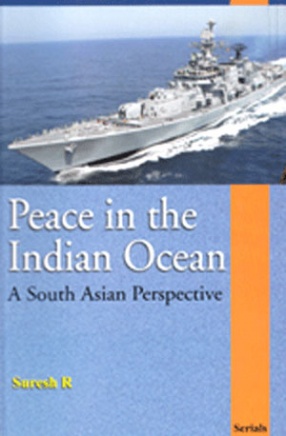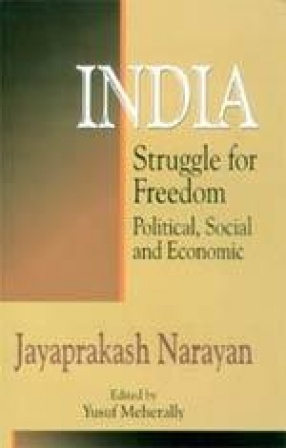This study is an attempt to examine various peace initiatives undertaken in the Indian Ocean region during the cold war and post cold war period and the response of South Asian countries, with special focus on India, Pakistan and Sri Lanka. During the cold war period the international power structure was a bipolar system. The impact of bipolar system was well reflected in the foreign policy of nation states across the globe. The foreign policy options of the developing countries in Asia, Africa and Latin America during the cold war period were limited. They were mere spectators in the super power game. In this power game all efforts undertaken by the developing countries towards maintaining international peace and security were futile exercises. The Indian Ocean as a zone of peace was one such peace initiative envisaged in the elimination of great power military presence in the region. During the cold war period the security concern of countries in the region centered on the super power presence in the context of super power rivalry and competition. Most of the countries in the Indian Ocean region considered that the major threat to their security emanates from the super power presence. And the super power rivalry and competition was one of the major hurdles towards peace in the Indian Ocean. However, with the end of cold war the concept of security also underwent a major change. The nontraditional threat to security such as international terrorism, global economic slowdown and environmental degradation demands a multilateral approach to security. No nations whatsoever powerful can resolve these security issues singlehandedly. It appears that in the changed context peace in the Indian Ocean region is the joint effort of regional and extra regional countries.
India: Struggle for Freedom, Political, Social and Economic
This is a collection of ...
$29.70
$33.00





There are no reviews yet.